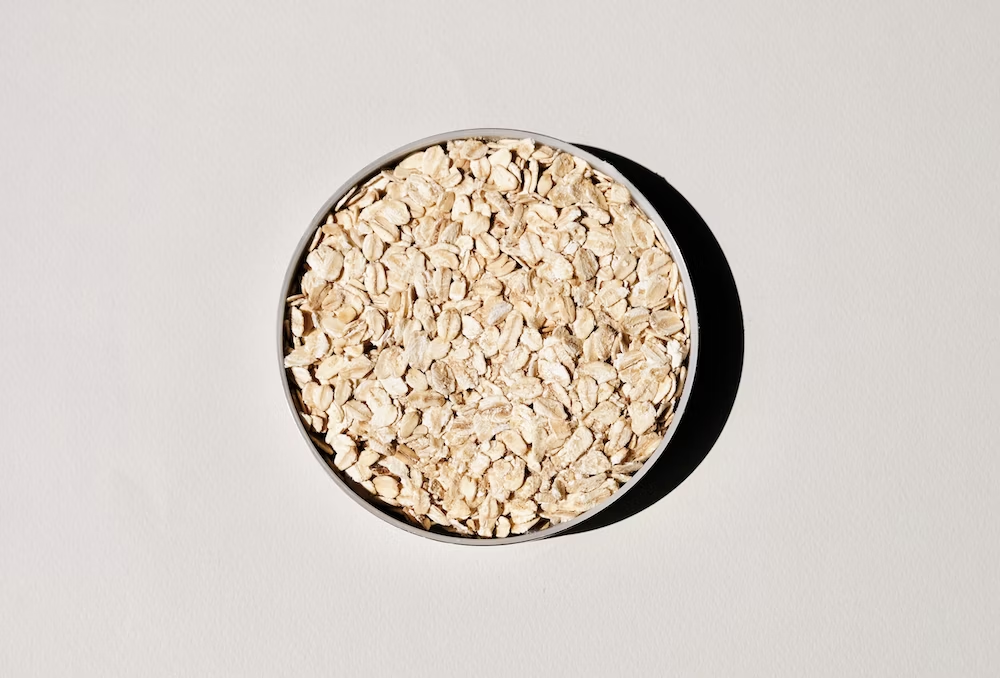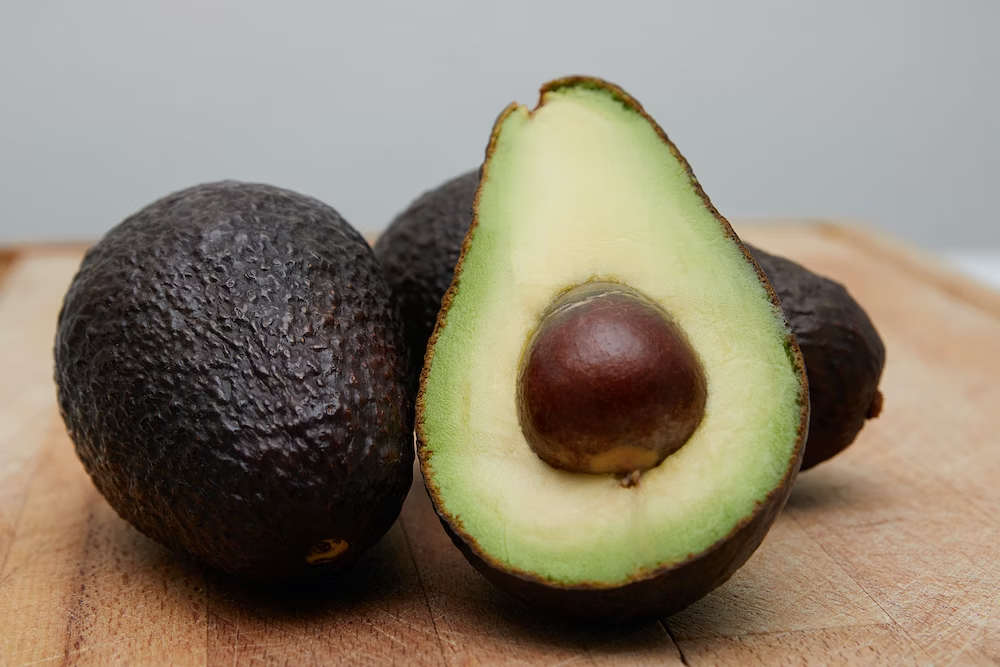How diabetes patients can eat healthy

2024-02-26 08:24:34
How diabetes patients can eat healthy
Most of us know someone who has diabetes, which is unsurprising given that India had the greatest number of diabetics in the world in 2021, with 74 million people suffering from the disease. It doesn’t help that Indians are genetically predisposed to this ubiquitous disease, which is now considered an epidemic.
Let’s understand diabetes and how healthy eating may help you manage it effectively.
Type 2 diabetes occurs when our cells grow resistant to the glucose-lowering effects of the hormone ‘insulin,’ resulting in an insulin imbalance and dangerously high blood glucose levels.
The modern concept of diabetes encompasses much more than a glucose-processing issue. It has a substantial impact on the breakdown and need of other nutrients since it affects every element of our metabolism.
While we know that diabetes and obesity are linked, the finer elements of the ‘how’ and ‘why’ remain unknown. That’s why there’s no solution for the metabolic havoc that occurs, resulting in issues with our skin, nerves, kidneys, blood vessels and eyes.
Despite the large number of knowledge and techniques to controlling diabetes, one thing is certain: good diet and a healthy lifestyle are effective instruments in the fight against diabetes.
How to eat in diabetes

Basic nutrition guidelines can go a long way toward assisting diabetics in managing their condition and long-term health.
# Carbs

Carbs break down into sugars, which is why they should be regulated in the diet as much as possible, although the correct amount may vary depending on the individual. It’s advisable to check your blood sugar levels before a meal and then again 1-2 hours afterwards.
Whole grains are the best carbohydrate source for diabetics because they have a low GI (glycemic index), which means they release energy slowly after digestion, keeping blood sugar levels steady – an important element of diabetes control.
Whole grains are also high in dietary fibre, which is an essential component of a diabetic’s diet since it helps to control blood sugar levels, enhance satiety, and lower triglycerides and LDL cholesterol.
#Fats

Fats are essential part of the diabetes diet plan. Carbohydrates are the body’s primary source of energy. When they’re limited, and there aren’t enough fats, the body turns to protein for energy, depleting the amino acids from our diet that are required for other vital tasks.
Eating enough fats would free up more protein for the remainder of the body while also giving an extra source of energy.
Healthy fats from ghee, avocados, and flaxseed, among other sources, should be incorporated in the diet.
Diabetics should consume omega-3 fatty acids from foods such as fatty fish, flaxseeds, and avocados since they can reduce their risk of heart disease.
#Protein

Including protein in every meal helps to control blood sugar levels by slowing glucose absorption.
Moderately elevated blood sugar in type 2 diabetes might cause the body to utilise up more protein than usual. This makes it even more critical for diabetics to eat the required quantity of protein, which is not usually met.
Taurine, an amino acid commonly found in fish, may be especially beneficial because it promotes cell absorption of water and nutrients, which might be harmed by the metabolic chaos that comes with diabetes.
#Micros

Minerals:
Diabetics are more likely to have mineral deficiencies, particularly in zinc, magnesium, and potassium. Nuts, seeds, and green leafy veggies can provide an excellent balance of essential nutrients.
Vitamin D:
Low vitamin D levels have been linked to a higher fat mass, a higher risk of weight gain, and diabetes over time, according to studies. It’s unclear if this is a cause or effect of diabetes, but maintaining adequate vitamin D levels is beneficial in any case.
Antioxidants:
Diabetes is linked to an increased buildup of free radicals in the body or weakened antioxidant defences, especially when poorly managed. Cinnamon and turmeric have potent antioxidant components that help to improve insulin resistance, blood sugar levels, and cholesterol management.
Aside from these nutritional recommendations, the importance of physical activity for diabetics cannot be more emphasized. Improved blood sugar levels, less insulin resistance, and a lower risk of heart disease can all be attributed to increased physical activity. Reduced stress and greater sleep quality also aid in the management of the illness.
Ryan Fernando is an Award-winning celebrity Sports Nutritionist with 2GUINNESS world record and 2 Olympic medals under his belt. His client list include Olympic wrestler Sushil Kumar, cricketer Shikhar Dhawan & bollywood superstars Aamir Khan & Abhishek Bachchan. He is Chief Nutritionist at QUA Nutrition Signature Clinics.




